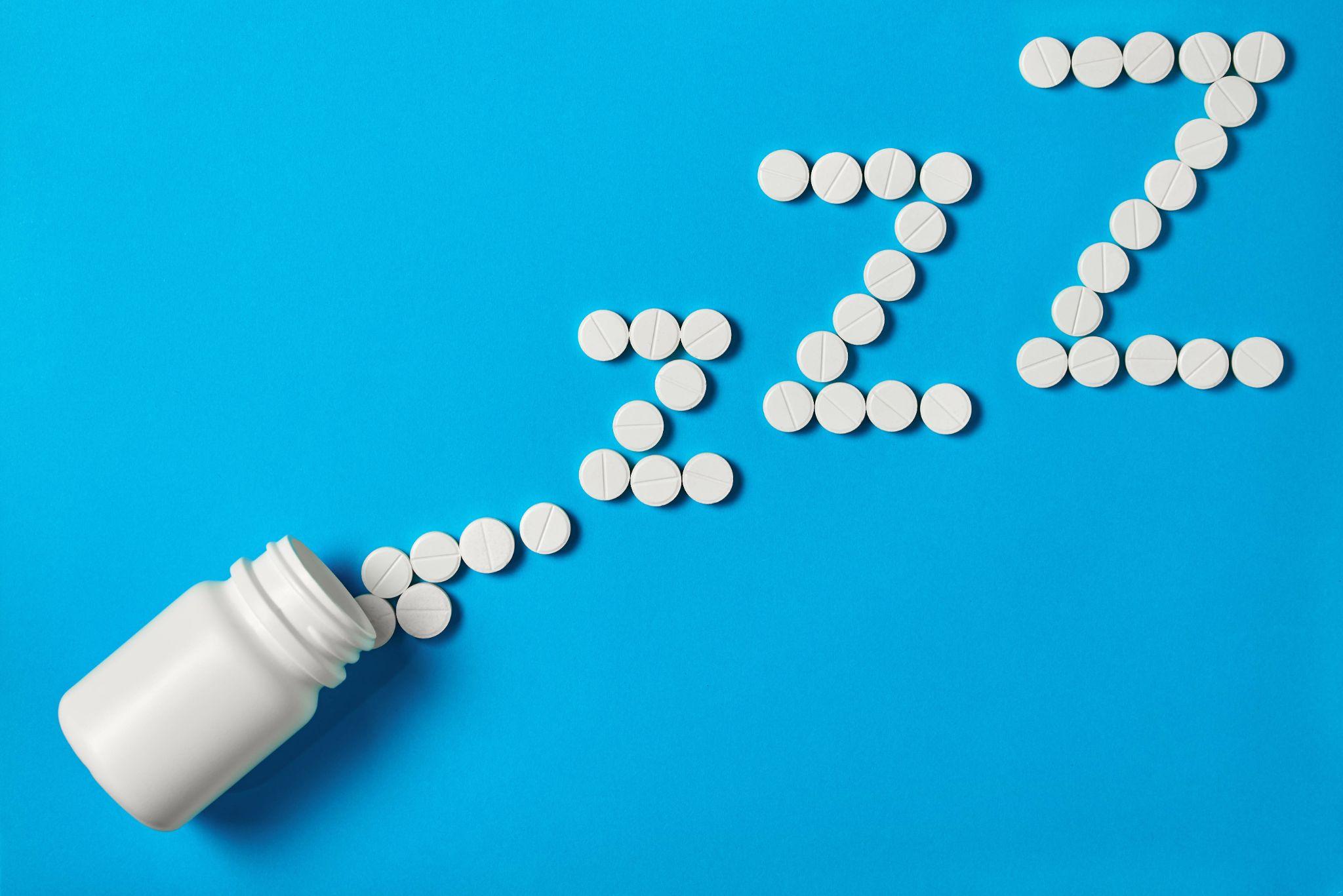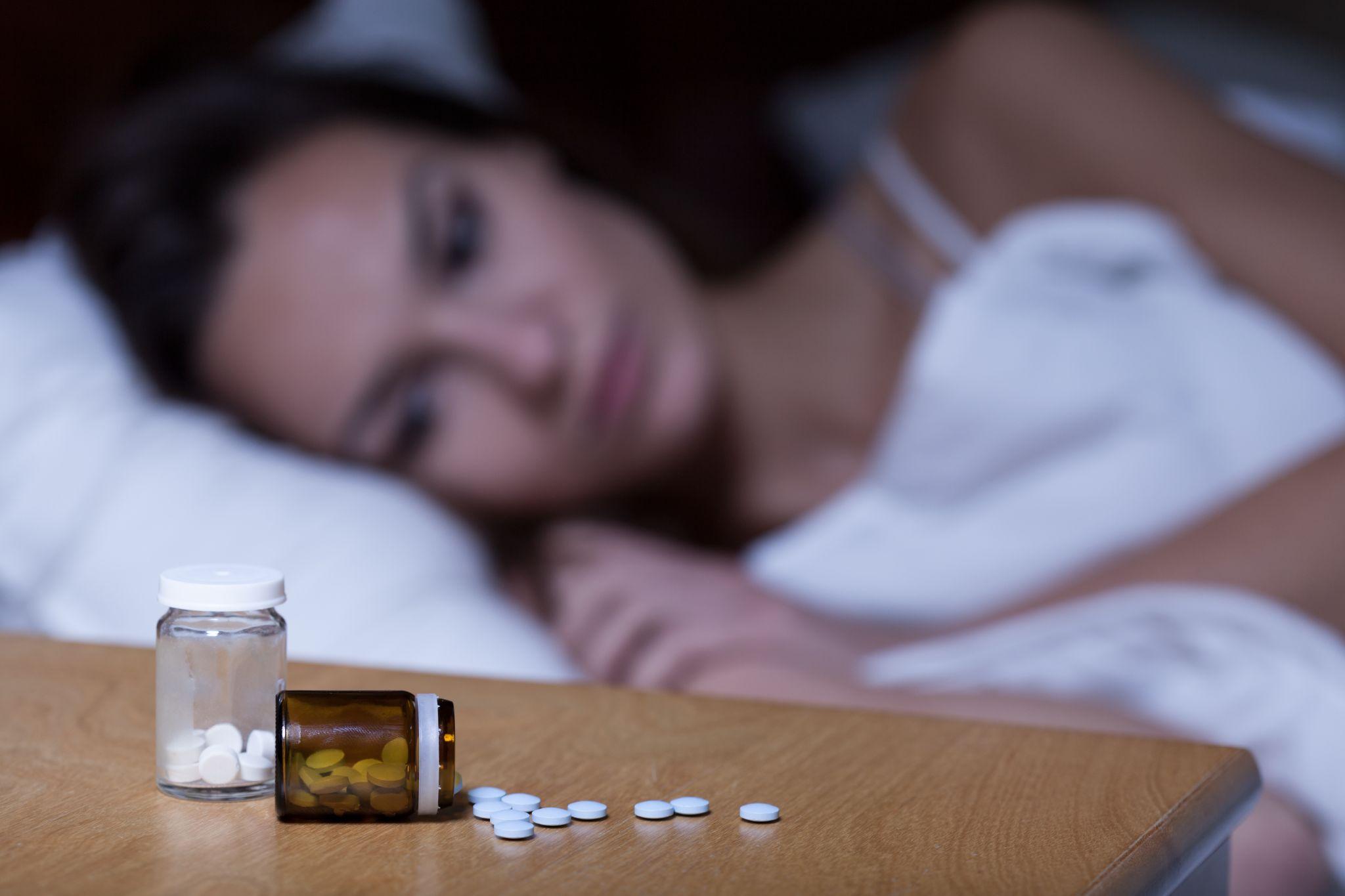Trazodone, a medication primarily prescribed for depression and insomnia, has gained attention not only for its therapeutic uses but also for potential abuse.
While it’s not as commonly abused as some other prescription drugs, understanding its abuse potential is crucial for patients and healthcare providers alike. At Lumina Recovery, we aim to shed light on the realities and risks associated with trazodone misuse.
What is trazodone?
Trazodone is primarily an antidepressant, belonging to the class of medications known as serotonin antagonist and reuptake inhibitors (SARIs). Trazodone is the generic name for the drug, while Desyrel and Oleptro are some of the brand names.
Unlike other antidepressants, trazodone works by having a unique pharmacological profile, targeting multiple neurotransmitter pathways. It’s known for its ability to balance serotonin levels, which plays a key role in mood regulation.
Additionally, trazodone affects other neurotransmitters like norepinephrine and histamine, contributing to its sedative properties. This dual action makes it effective not only in managing symptoms of depression but also in addressing insomnia, often seen in patients with depression.
However, its effectiveness in treating major depressive disorders and its sedative qualities can sometimes lead to misuse, especially in individuals seeking relief from insomnia or anxiety.
Is trazodone addictive?
Trazodone is generally not considered highly addictive, especially when compared to other substances like opioids or benzodiazepines. However, it can still be misused, and some individuals may develop a substance use disorder.
Dependence on trazodone can occur particularly in cases where it is used for a prolonged period, at higher doses than prescribed, or used in a way not intended by the prescribing physician. People who have a history of substance abuse or addiction may be at a higher risk of developing dependence on the drug.
Trazodone overdoses are also possible. Taking it in amounts exceeding the prescribed or recommended dosage can lead to an overdose, which can be dangerous and potentially life-threatening.
Physical dependence on trazodone can lead to withdrawal symptoms when the medication is reduced or stopped. Psychological dependence, where a person feels unable to function without the drug, can also develop. This is particularly true for those using trazodone for its sedating effects to manage insomnia or anxiety.
While dependence is a concern, it’s important to differentiate it from addiction, which is characterized by compulsive drug-seeking behavior despite harmful consequences. Trazodone is less likely to cause such addictive behaviors compared to more potent substances.
As always, trazodone should be used strictly according to a healthcare provider’s instructions, and any concerns about dependence or side effects should be discussed with a medical professional.
What are the signs of trazodone abuse?
Recognizing the effects of trazodone abuse involves observing changes in behavior and physical health. Key indicators include:
- Taking the medication in higher doses or more frequently than prescribed
- Doctor shopping or visiting multiple doctors to obtain extra prescriptions
- Using trazodone without a prescription, especially for sleep or recreational purposes
- Developing a tolerance, where higher doses are needed to achieve the same effect
- Experiencing withdrawal symptoms when not taking the medication, which can include anxiety, agitation, and sleep disturbances
- Changes in daily activities and responsibilities, often neglecting work, family members, or social obligations
- Physical side effects such as dizziness, blurred vision, or coordination problems, especially at higher doses
What are the withdrawal symptoms of trazodone?
Withdrawal symptoms from trazodone can occur when a person who has been using the medication regularly and for a prolonged period abruptly stops or significantly reduces their dose.
These symptoms can vary in intensity and duration depending on factors such as the dosage, duration of use, and the individual’s physiology. Common withdrawal symptoms include:
- Dizziness
- Headache
- Nausea
- Agitation
- Flu-like symptoms
- Fatigue
- Sweating
- Muscle aches
- Anxiety
- Depression
- Difficulty sleeping (insomnia)
Symptoms of insomnia can be particularly pronounced if trazodone was initially prescribed for sleep disorders. It’s important to note that abruptly stopping trazodone can lead to uncomfortable and potentially severe withdrawal symptoms.
Therefore, it is generally advised to gradually taper off the medication under the guidance of a healthcare professional to minimize withdrawal effects.
How is trazodone addiction treated?
Treating trazodone addiction, like other forms of substance dependence, typically involves a comprehensive approach that addresses both the physical and psychological aspects of addiction. The main components of treatment usually include:
Detoxification. If physical dependence has developed, the first step is often a medically supervised detox process. This process allows for safe withdrawal from trazodone under healthcare professionals’ supervision. They can manage withdrawal symptoms and ensure the patient’s safety. Gradual tapering off the medication is often recommended instead of abrupt cessation to reduce the severity of withdrawal symptoms.
Therapy and Counseling. Psychological support is crucial in addiction treatment. This can include cognitive behavioral therapy (CBT), which helps patients identify and change thought patterns and behaviors related to drug abuse. Counseling can also address underlying issues such as depression, anxiety, or other mental health disorders that may have contributed to the misuse of trazodone.
Treatment of Underlying Conditions. If trazodone was initially prescribed to treat health issues like depression or insomnia, it’s important to find alternative ways to manage these conditions without reliance on trazodone. This might involve other types of medications or therapy methods.
Aftercare Planning. Long-term recovery requires a sustainable plan that may include ongoing therapy, support group meetings, lifestyle changes, and strategies to prevent relapse. This is a crucial part of treatment, as it helps to maintain the gains achieved during the initial treatment phase.
Lifestyle Changes and Holistic Therapies. Incorporating healthy lifestyle changes such as regular exercise, a balanced diet, and stress management techniques can be beneficial. Holistic therapies like yoga, meditation, and acupuncture may also be helpful for some individuals.
Understand Trazodone and Addiction With Lumina Recovery
While trazodone is not as prone to abuse as some prescription drugs, it’s important to remain vigilant. Understanding the risks, signs of abuse, and methods of prevention can help in managing its use effectively and safely.
Lumina Recovery offers prescription drug rehab programs and dual diagnosis services to help those dealing with addiction.
Reach out to our team today to learn more about our services and resources to help you or a loved one.



